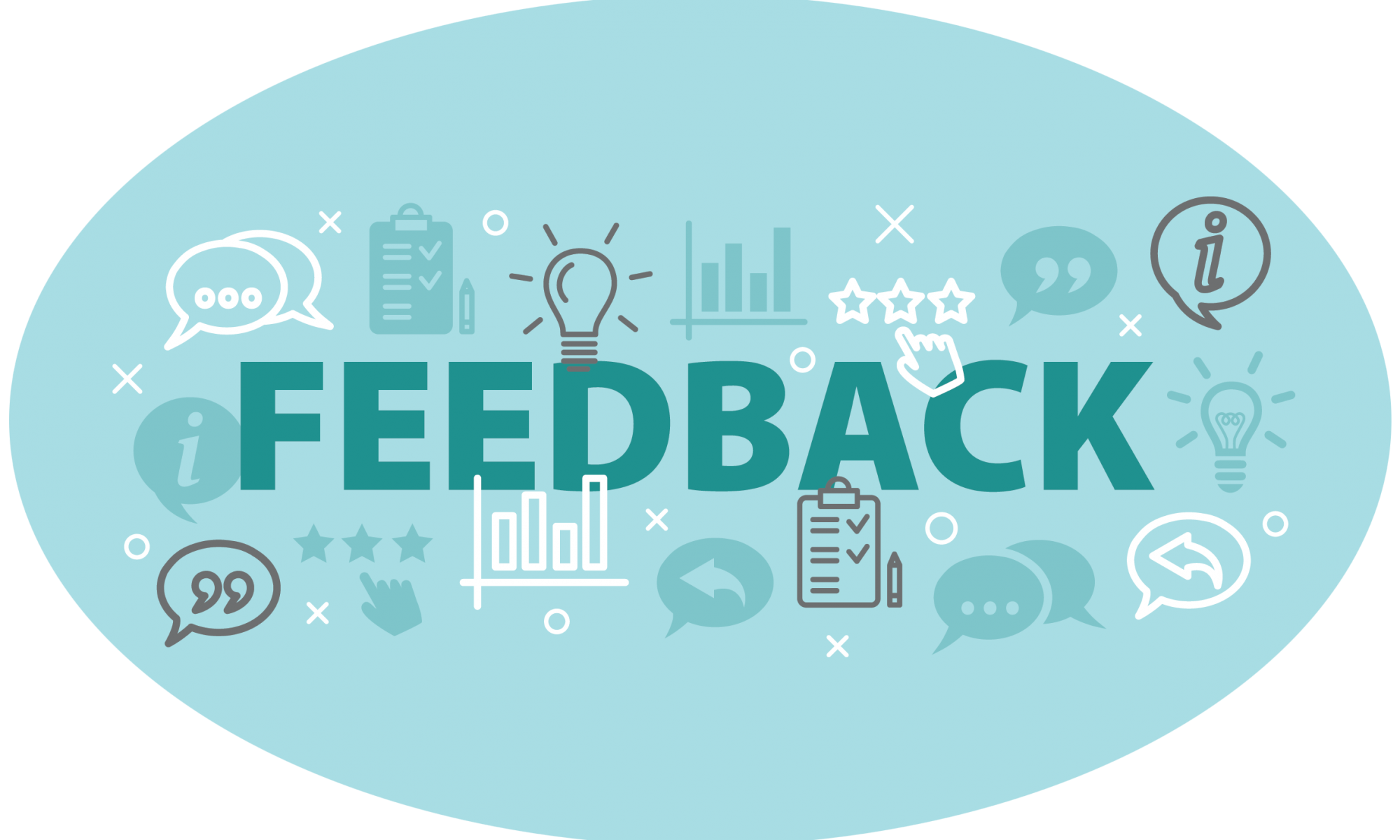SUNY Geneseo held its first remote ASSESStivus event January 25 & 26, 2021 via Zoom. The annual event is organized by the College Assessment Council to help the college community embrace a model of continuous improvement, highlight various assessment initiatives, and share assessment results across the college. The two-day remote event was highlighted by a keynote presentation “Telling our Stories in a Post-COVID World” by Dr. Kevin Gannon, director of the Center for Excellence in Teaching and Learning and Professor of History at Grand View University in Des Moines, Iowa.
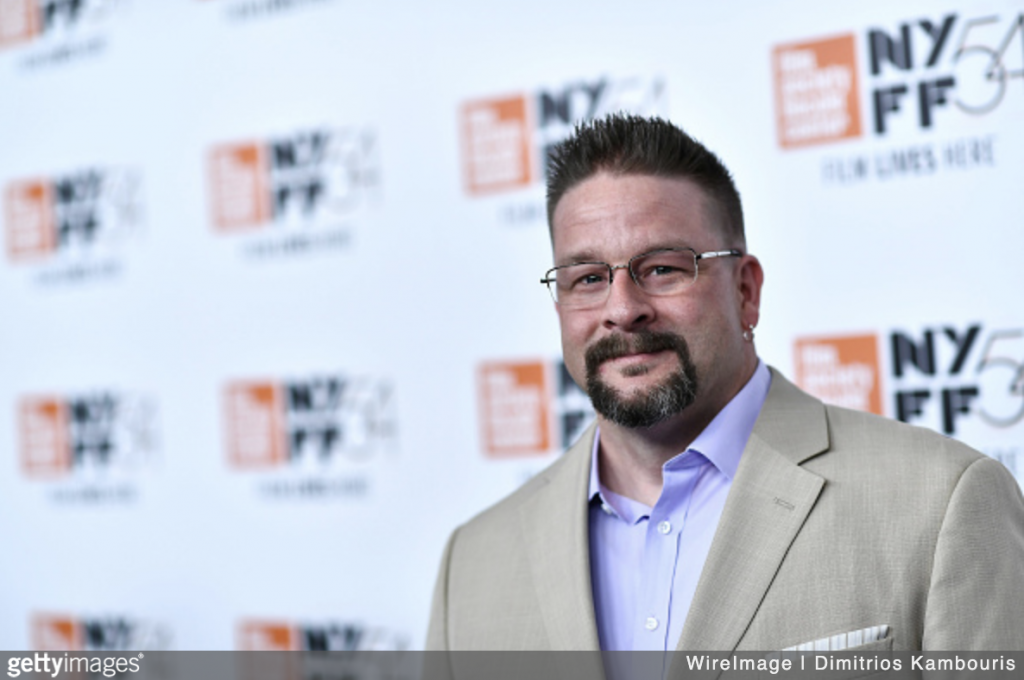
Gannon challenged audience members to think about how we can use assessment–done organically, meaningfully, and well–to advocate for ourselves and our students once we return to a “normal” post-Covid landscape. However, Gannon also noted our view of “normal” was not equitable or sustainable for many, and implored us to use assessment to create equitable learning environments for all. “Assessment helps us tell the story of what students know, understand, and can do with their knowledge as a result of their educational experiences. Assessment results are used to improve subsequent learning (Huba and Freed, 2000).”
Assessment is more important now than ever as the “value” of college, especially that of liberal arts colleges, is under rising criticism. Other people are already telling our stories, and their narratives have had a negative effect on the perception of a college education.
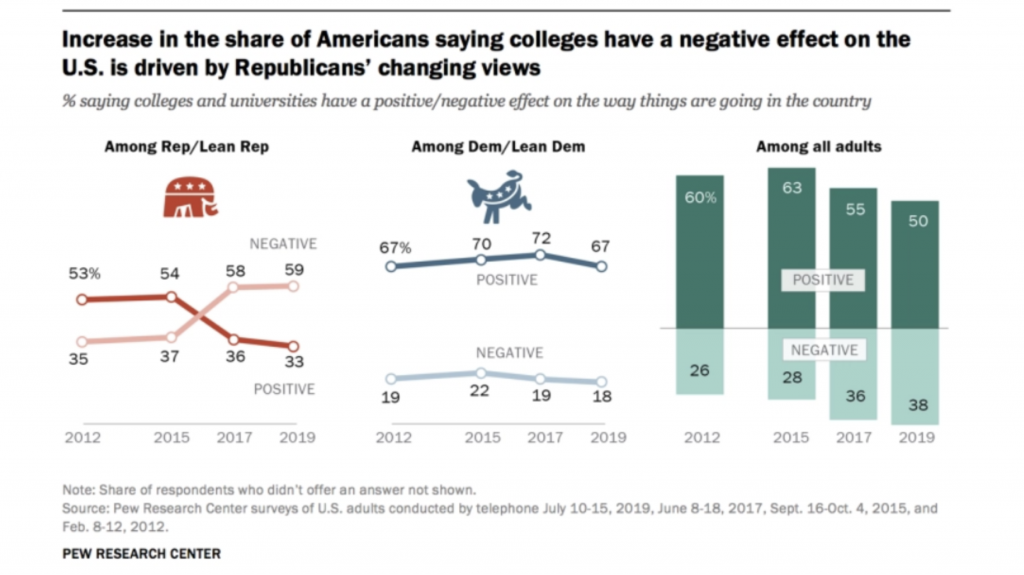
Gannon argued we need to take care when designing assessment in order to prevent “weaponizing” it. Are our learning spaces creating an environment of privilege and prejudice? What is the “hidden curriculum” underneath the formal curriculum that unintentionally teach our students lessons of power and authority (Leask, 2009)?
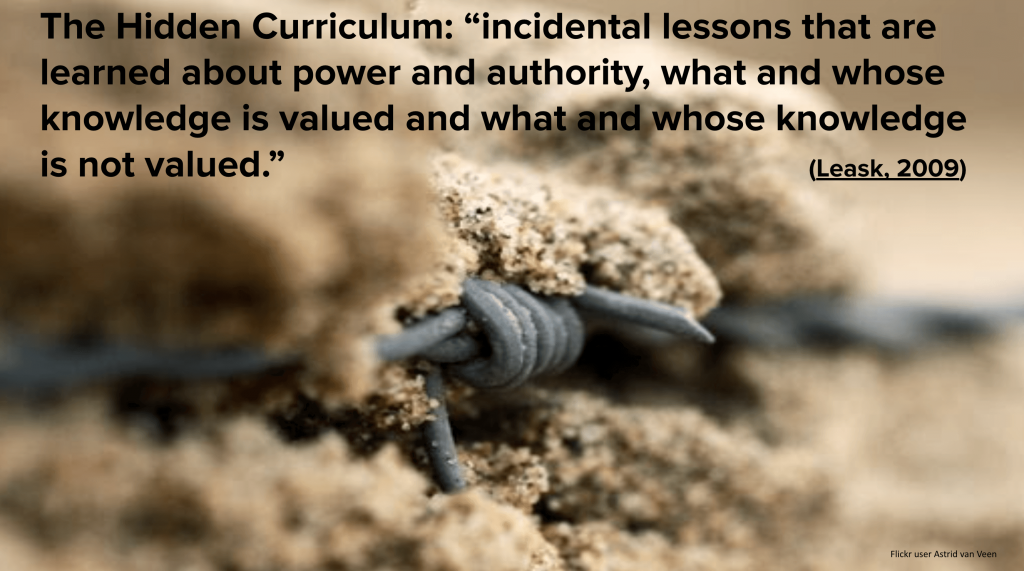
SUNY Geneseo needs to ensure our assessment aligns with our values in order to keep promises made to students. To do this, Gannon took a critical and poignant look at our college mission statement and asked, “what is the hidden curriculum? Are we weaponizing assessment and learning spaces?”
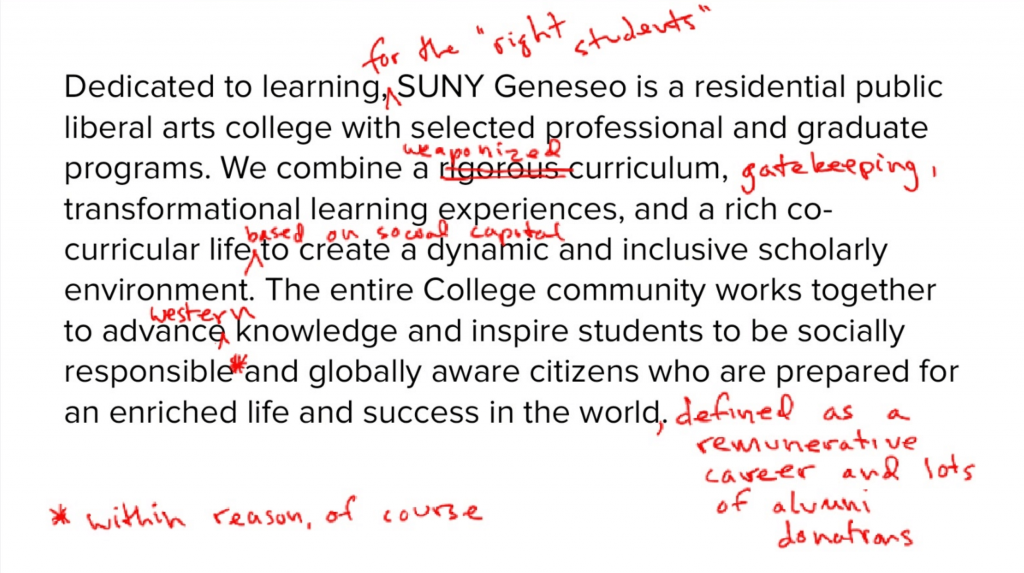
In conclusion, Gannon inspired SUNY Geneseo to treat learning as transformational rather than transactional with meaningful and equitable assessment. You can view the entire recorded keynote address in the video that follows.
Kevin Gannon is the author of Radical Hope: A Teaching Manifesto, published in April, 2020, as part of the Teaching and Learning in Higher Education series from West Virginia University Press. He is a regular contributor to the Chronicle of Higher Education, and his work has also appeared in outlets such as Vox, CNN, and The Washington Post. In 2016, he appeared in the Oscar-nominated documentary 13th, directed by Ava DuVernay. You can find Kevin online at his blog, thetattooedprof.com, and on Twitter: @TheTattooedProf.
As SUNY Geneseo celebrates Black History Month, Kevin Gannon returns on Thursday, February 25 to discuss racial inequality in incarceration rates in the United States. His talk is open to all; please register online to attend.


